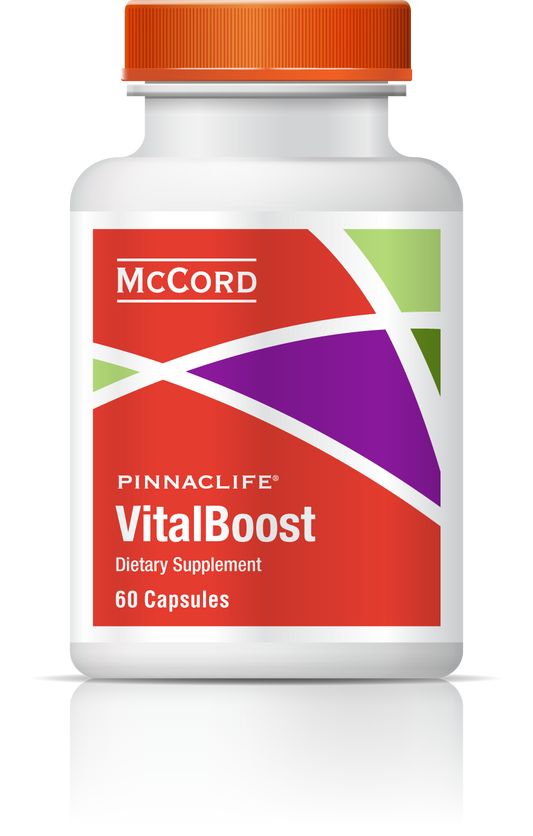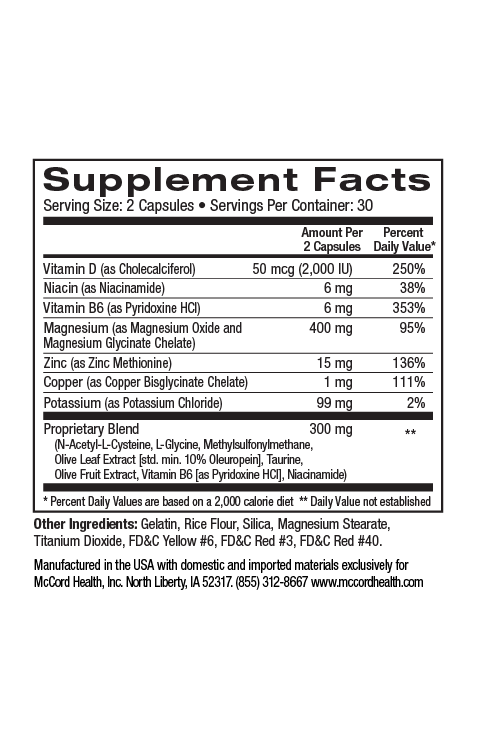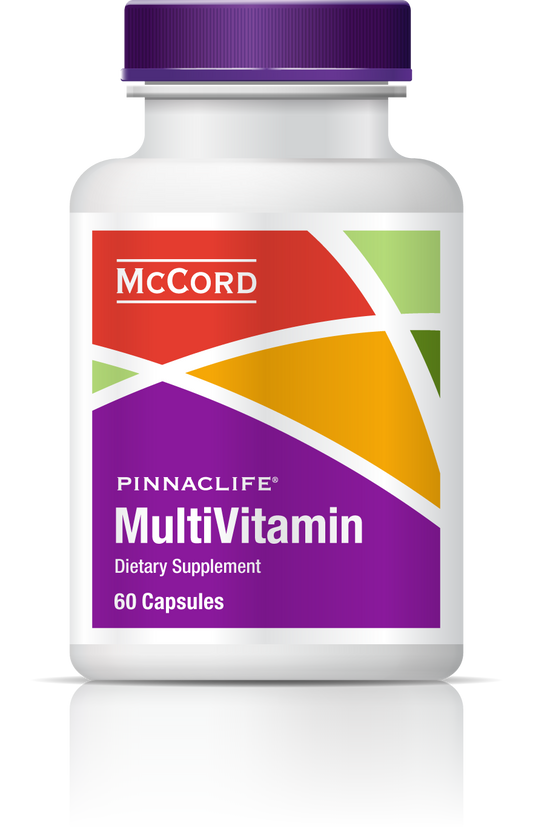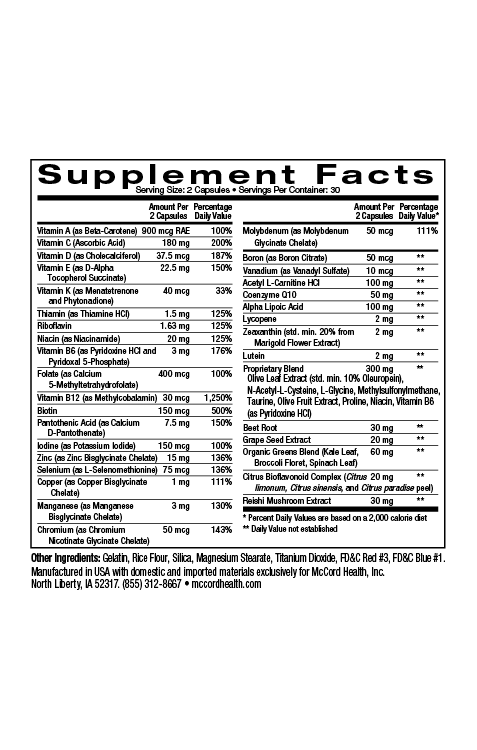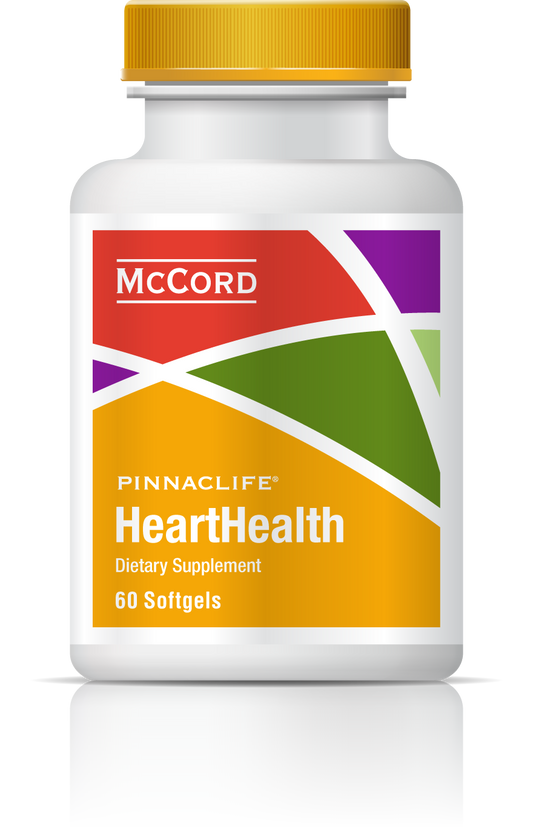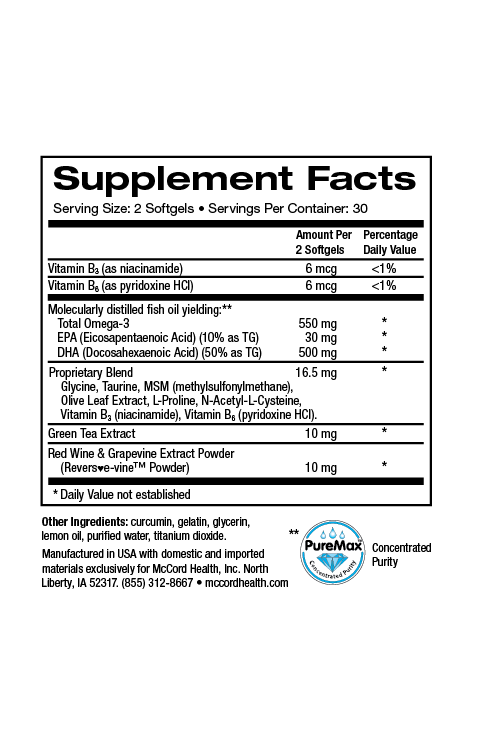Curcumin is a potent antioxidant found in the Cucrcuma longa plant, more commonly known as turmeric. Turmeric is commonly used around the world and is gaining popularity as a superfood for its well-documented benefits in health and disease.
- Turmeric is a common spice with thousands of years of medicinal and sacramental history
- Turmeric contains many beneficial compounds, but an antioxidant called curcumin appears to provide the most benefits
- Curcumin has shown to help reduce inflammation, provide antioxidant benefits, and also has benefits in brain, cardiac, and metabolic health.
- Special preparations of curcumin can help improve absorption and raise blood levels high enough to experience the full health benefits observed in clinical research
Tell me More!
We’ve all heard that we need to eat more fruits and vegetables, but perhaps we need to add a third “food group” into the mix and also aim to eat more spices. As medical professionals are increasingly looking back to natural foods for their healing properties, they are learning that there are quite a few natural spices that contain potent and healing ingredients. Amongst the spices, there is one that seems to stand out the most with regards to its safety and potential to address a wide variety of ailments, and that spice is turmeric.
What is Turmeric?
Turmeric is an Asian spice produced from the Curcuma longa plant, which is closely related to ginger. The underground portion of Curcuma longa is a vibrant yellow/orange rhizome that looks very similar to ginger. The rhizome can be used fresh, or dried and crushed into a fine powder. Turmeric is frequently incorporated into Asian and Indian dishes, especially curries, but is also used in many other cultures.
Turmeric is useful as a natural yellow food dye in foods like yellow mustard, chicken stock, pickles, and much more. The spice has been used for thousands of years in cooking and medicine and is even considered sacred among many cultures that use it in religious ceremonies and festivals.
What Makes Turmeric so Healthy?
Researchers have been looking at turmeric to determine what makes it so special, and have discovered that it contains several phytonutrients and antioxidants with some potent biochemical properties.
Curcumin is perhaps the most important of the antioxidant compounds in turmeric. That is because there is a growing body of evidence that shows it exhibits a wide variety of beneficial effects throughout the body. Curcumin is most well-known for its antioxidant and anti-inflammatory effects but research also shows it boosts the immune system, promotes good mental health, and protects the brain and heart.
This is why McCord Research has chosen to use an absorbable and bioavailable form of curcumin in several of the Proprietary Blend Pinnaclife Supplements including JointHealth, CalmMind, SleepHealth, and BrainHealth
6 Health Benefits of Turmeric / Curcumin:
1.) Inflammation
Curcumin is an extremely potent antioxidant that helps prevent oxidative damage and can interacts with inflammatory pathways with demonstrated effects on pro-inflammatory molecules including TNF-α, COX 1 and 2, α1-acid glycoprotein, and myeloid differentiation protein.1–3 It has been shown to have similar efficacy for pain and inflammation as some NSAIDs, without all of the risks. Almost all diseases have an inflammatory component that contributes to many of the symptoms and complications.
2.) Cardiovascular Disease
Supplementing with curcumin has been linked to improved cholesterol levels (lower LDL and higher HDL), fewer fatty streak lesions in the aorta, decreased peroxidation of LDL cholesterol, and protection from some cardio-toxic anti-cancer treatments.4 There are many purported ways that curcumin can provide nutritional support for maintaining cardiovascular health.
Perhaps you've heard that some NSAID pain medications can increase your risk of cardiovascular disease. This is one reason I recommend incorporating heart-healthy curcumin to help address inflammation instead of frequent and prolonged use of NSAID medications.
3.) Exercise and Endurance
Some studies have shown Curcumin may reduce inflammation and improve recovery time following exercise-induced muscle damage.5 Remember that the heart is also a muscle, so the positive effects in muscles are likely responsible for the cardio-protective properties of curcumin.
4.) Cancer / Chemoprevention
Scientists are continually researching curcumin to determine potential roles in cancer development and progression.6–12 Researchers are primarily interested in anti-inflammatory, antioxidant, DNA-protective, and enzyme inducing effects of curcumin.13
5.) Brain Health / Neurotransmission / Cognition / Stress
Curcumin has been shown to protect against neurological damage from both free radicals and inflammation. It has been shown to modulate levels of various neurotransmitters and to increase levels of an important compound that stimulates neuronal growth called "brain-derived neurotrophic factor."14–18
6.) Immune Health
Studies show that Curcumin favorably regulates the activity of immune cells including T cells, B cells, macrophages, neutrophils, and natural killer cells. Studies also show enhanced antibody responses even at low doses.19
Absorption Problems with Curcumin:20
While we know that you can get curcumin by incorporating more turmeric in your diet, you are not likely to gain all of the benefits without the use of special dietary supplements. One of the major problems with curcumin is that it does not get absorbed very well from the digestive tract. This means that you absorb very little curcumin into your blood stream. Use fresh turmeric root instead of dried powder spice to get the most health benefits - especially if the spices have been sitting in your pantry for a long time.
Fun Fact: A compound in black pepper called piperizine increases your body's absorption of curcumin. So always be sure to add black pepper when you cook with turmeric to get the most health benefits!
Supplements that simply use turmeric powder or basic extracts also have limited absorption - special preparations are needed to get significant amounts into the blood stream.
Improved Absorption of Curcumin
To get the most benefit from curcumin, it is best to use supplements with special preparations that improve the absorption into the blood stream. Pinnaclife supplements incorporate a specially modified type of soluble curcumin that has been shown to be readily absorbed through your digestive tract into the blood stream, delivering the healing properties of curcumin directly to cells throughout your body.
This is a distinguishing feature of the Pinnaclife supplements that makes them unique to many other turmeric or curcumin containing supplements on the market. We know that simply adding turmeric into our supplements would not provide you with adequate amounts of curcumin, so we made sure to find an ingredient that would meet your needs and deliver results both safely and affordably.
References
- Jurenka JS. Anti-inflammatory properties of curcumin, a major constituent of Curcuma longa: a review of preclinical and clinical research. Altern Med Rev. 2009;14(2):141–53.
- Gupta SC, Prasad S, Kim JH, et al. Multitargeting by curcumin as revealed by molecular interaction studies. Nat Prod Rep. 2011;28(12):1937–55.
- Chainani-wu N. Safety and Anti-Inflammatory Activity of Curcumin : A Component of Tumeric (Curcuma longa). J Altern Complement Med. 2003;9(1):161–168.
- Khurana S, Venkataraman K, Hollingsworth A, Piche M, Tai TC. Polyphenols: benefits to the cardiovascular system in health and in aging. Nutrients. 2013;5:3779–827.
- Davis JM, Murphy EA, Carmichael MD, et al. Curcumin effects on inflammation and performance recovery following eccentric exercise-induced muscle damage. Am J Physiol Regul Integr Comp Physiol. 2007;292(6):R2168–73.
- Duvoix A, Blasius R, Delhalle S, et al. Chemopreventive and therapeutic effects of curcumin. Cancer Lett. 2005;223(2):181–90.
- Chuang SE, Kuo ML, Hsu CH, et al. Curcumin-containing diet inhibits diethylnitrosamine-induced murine hepatocarcinogenesis. Carcinogenesis. 2000;21(2):331–5.
- López-Lázaro M. Anticancer and carcinogenic properties of curcumin: considerations for its clinical development as a cancer chemopreventive and chemotherapeutic agent. Mol Nutr Food Res. 2008;52 Suppl 1:S103–27.
- Carroll RE, Benya R V, Turgeon DK, et al. Phase IIa clinical trial of curcumin for the prevention of colorectal neoplasia. Cancer Prev Res. 2011;4(3):354–64.
- Park W, Amin R, Chen ZG, Shin DM. New perspectives of curcumin in cancer prevention. Cancer Prev Res (Phila). 2013;6(5):387–400.
- Anand P, Sundaram C, Jhurani S, Kunnumakkara AB, Aggarwal BB. Curcumin and cancer: an “old-age” disease with an “age-old” solution. Cancer Lett. 2008;267(1):133–64.
- Rao C V, Rivenson A, Simi B, et al. Chemoprevention of Colon Carcinogenesis by Dietary Curcumin, a Naturally Occuring Plant Phenolic Compound. Cancer Res. 1995;55:259–266.
- Sharma RA, Euden SA, Platton SL, et al. Phase I clinical trial of oral curcumin: biomarkers of systemic activity and compliance. Clin Cancer Res. 2004;10(20):6847–54.
- Wang R, Li Y, Xu Y, Li Y, Wu H. Curcumin produces neuroprotective effects via activating brain-derived neurotrophic factor/TrkB-dependent MAPK and PI-3K cascades in rodent cortical neurons. Prog Neuro- …. 2010.
- Xu Y, Ku B, Tie L, et al. Curcumin reverses the effects of chronic stress on behavior, the HPA axis, BDNF expression and phosphorylation of CREB. Brain Res. 2006;1122(1):56–64.
- Bhutani MK, Bishnoi M, Kulkarni SK. Anti-depressant like effect of curcumin and its combination with piperine in unpredictable chronic stress-induced behavioral, biochemical and neurochemical changes. Pharmacol Biochem Behav. 2009;92(1):39–43.
- Kulkarni SK, Dhir A. An overview of curcumin in neurological disorders. Indian J Pharm Sci. 2010;72(2):149–54.
- Kulkarni S, Dhir A, Akula KK. Potentials of curcumin as an antidepressant. Sci World J. 2009;9:1233–41.
- Jagetia GC, Aggarwal BB. “Spicing up” of the immune system by curcumin. J Clin Immunol. 2007;27(1):19–35.
- Anand P, Kunnumakkara AB, Newman R a, Aggarwal BB. Bioavailability of curcumin: problems and promises. Mol Pharm. 2007;4(6):807–18.
Disclaimer: These statements have not been reviewed by the FDA. These products are dietary supplements and are not intended to treat, cure, or prevent any disease. The decision to use these products should be discussed with a trusted healthcare provider. The authors and the publisher of this work have made every effort to use sources believed to be reliable to provide information that is accurate and compatible with the standards generally accepted at the time of publication. The authors and the publisher shall not be liable for any special, consequential, or exemplary damages resulting, in whole or in part, from the readers’ use of, or reliance on, the information contained in this article. The publisher has no responsibility for the persistence or accuracy of URLs for external or third party Internet websites referred to in this publication and does not guarantee that any content on such websites is, or will remain, accurate or appropriate.

